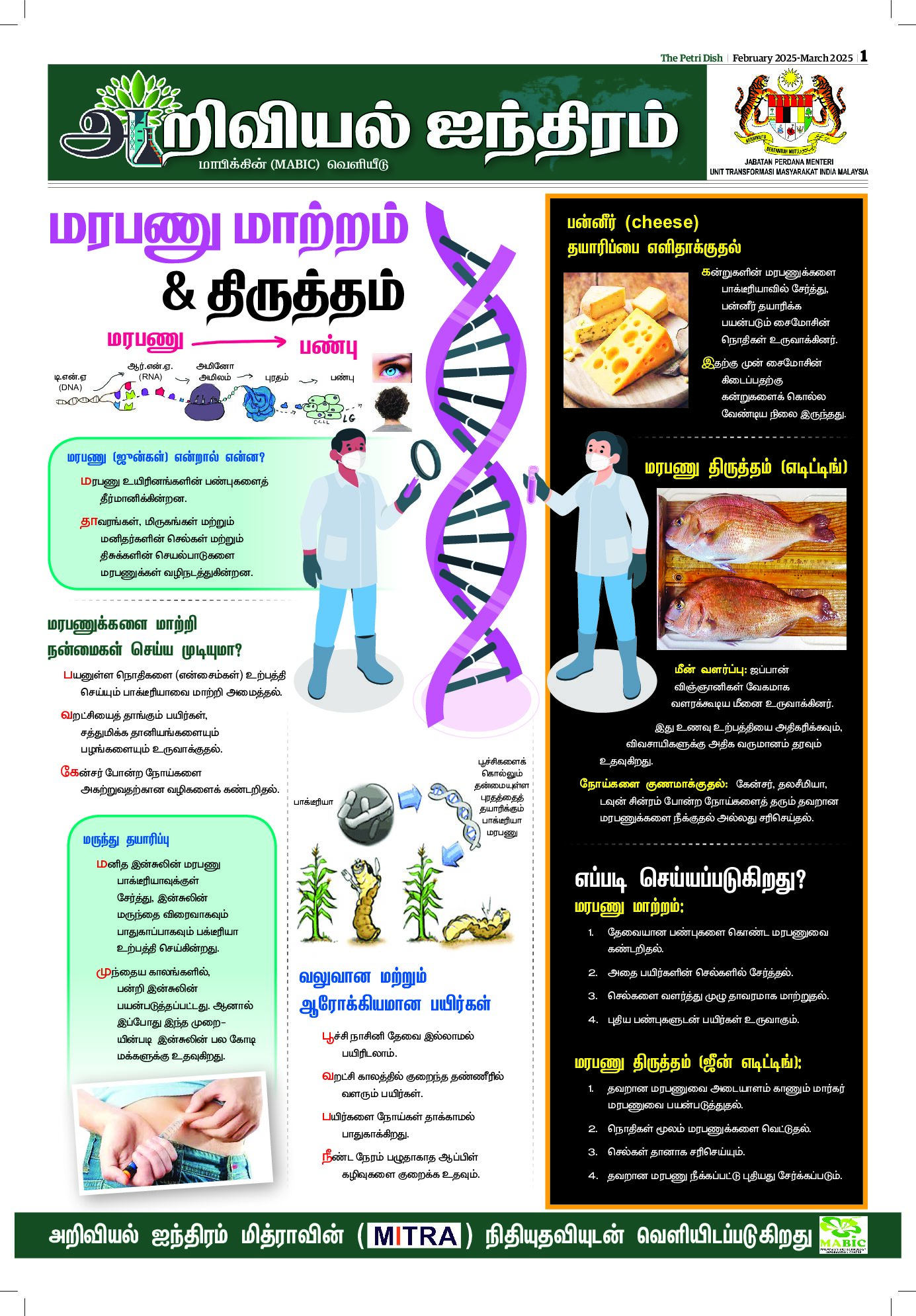BY DR ZELINA ZAITON IBRAHIM
ON November 2, 2021, the United States, the European Union, and partners, formally launched the Global Methane Pledge during the twenty-sixth Conference of Parties meeting (COP26). Malaysia has joined the Pledge. More than 100 countries have committed to reducing global anthropogenic methane emissions across all sectors, by at least 30 percent below 2020 levels, by 2030. Most importantly, there are readily available, cost-effective, methane emission management measures and action to implement them could potentially avoid over 0.2 degrees C of warming by 2050.
The carbon dioxide equivalent of methane, or its CO2e, is the number of metric tonnes (t) of carbon dioxide (CO2) emissions with the same global warming potential as one metric tonne of methane; that value for methane is 25.
As a result, although methane forms only 17% of the global greenhouse gas emissions from human activities (coming from the fossil fuel, agriculture, and waste sectors), it contributes to more than one-third of today’s anthropogenic warming.

(Source: Malaysia’s Third Biennial Update Report submitted to the United Nations Framework Convention on Climate Change in December 2020)
To understand the scale of the issue for Malaysia, in terms of CO2e, the fugitive methane emissions from Malaysia’s oil and gas industries (see graph) contribute to more than the carbon dioxide only emissions of the third most important source of carbon dioxide in the country, that is the manufacturing industries and construction sector, at 9%. Thus, effective methane emission management represents a low-hanging fruit for Malaysia.
Although the Government has mandated from 1st January 2014, that all new palm oil mills and all existing mills applying for expansion to install biogas trapping or methane avoidance facilities, no similar mandate exists for the energy sector.
Methane is also not yet regulated under the Environmental Quality Act, 1974 (Act 127). Nevertheless, PETRONAS joined the Methane Guiding Principles in 2020 and reported a cumulative reduction of 12.76 million tCO2e from 2013 to 2019. More efforts are expected from PETRONAS to meet its Net Zero Carbon Emissions Aspiration, as well as other oil and gas industry players, and as an outcome of the ASEAN Energy Sector Methane Roundtable discussion initiated in October 2021.
NOTE: The author is Amal Putra Associate Professor, Department of Environment, Faculty of Forestry and Environment, Universiti Putra Malaysia. She is Vice-Chair of the non-governmental Malaysian Water Partnership (MyWP) and a member and Climate Change and Water Lead at the non-profit Centre for Environment, Technology, and Development, Malaysia (CETDEM).












